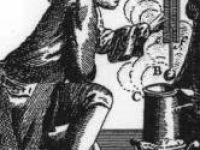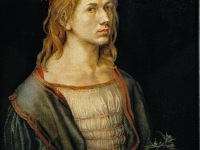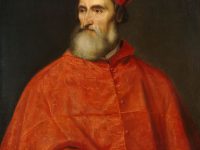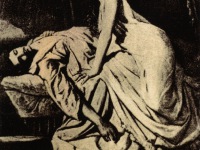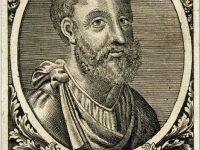Dit dit dit da dit – The first Morse Telegram
On May 24th 1844 the first Morse telegram went over the line. Samuel Morse and his colleague Alfred Vail knew that the very first phrase to be sent with the new telecommunication medium was to be remembered. So what should they transmit? Morse came up with a quote from the bible, certainly well chosen for an historic occasion like this: “What God had wrought” sent by Morse in Washington to Alfred Vail at…
Read more


